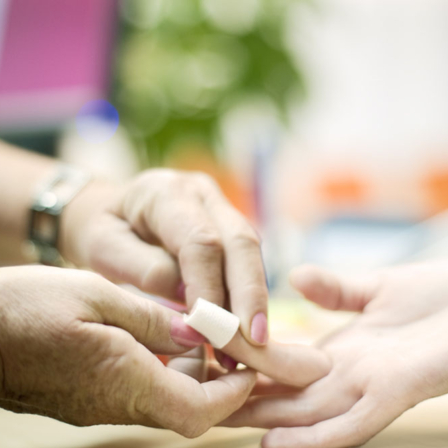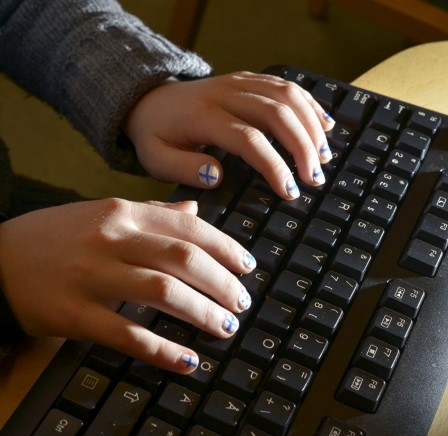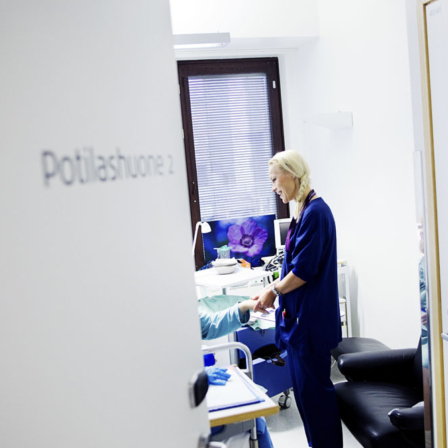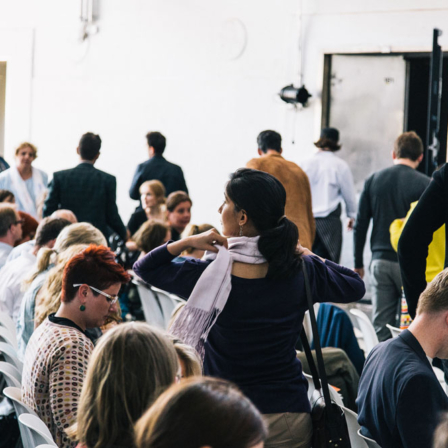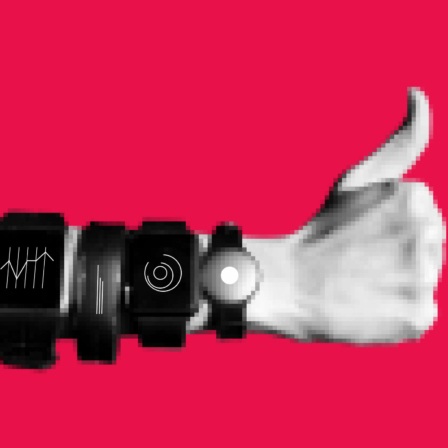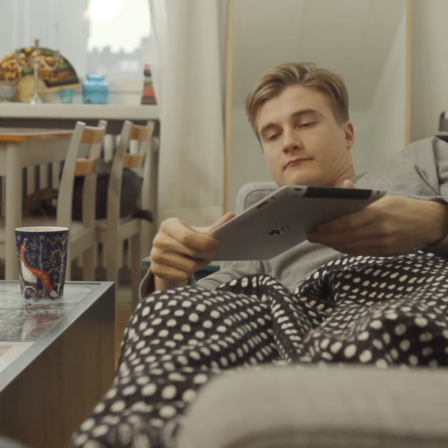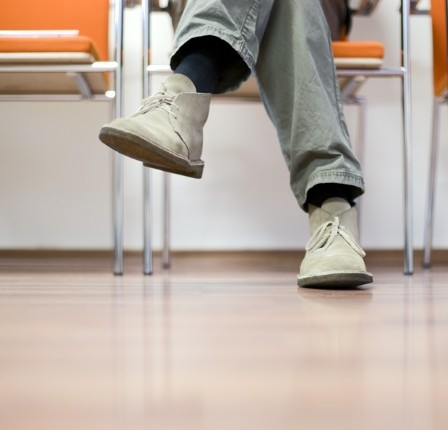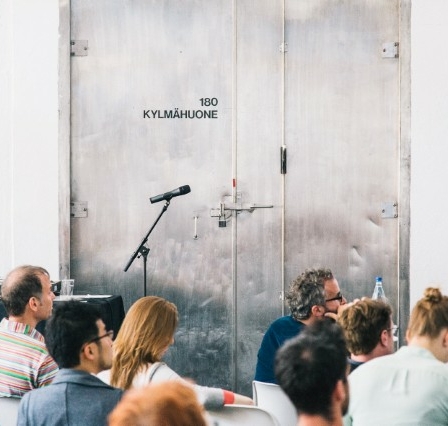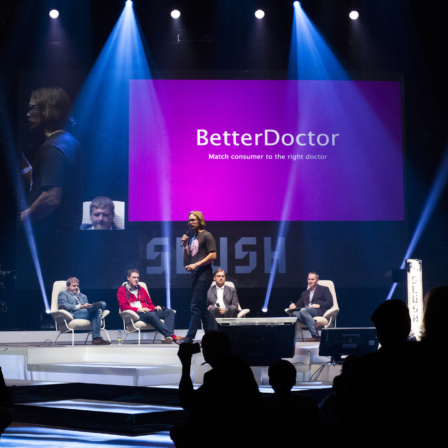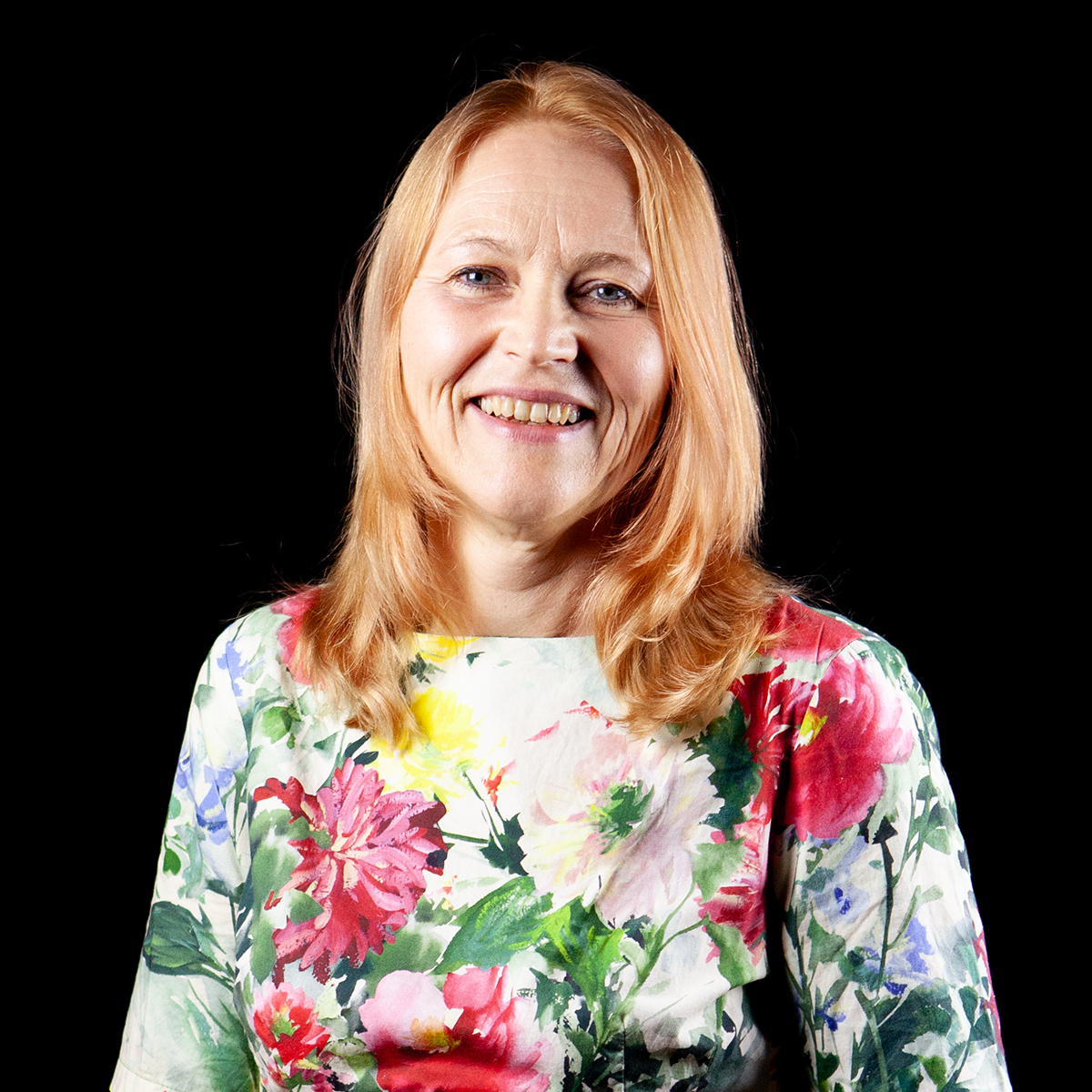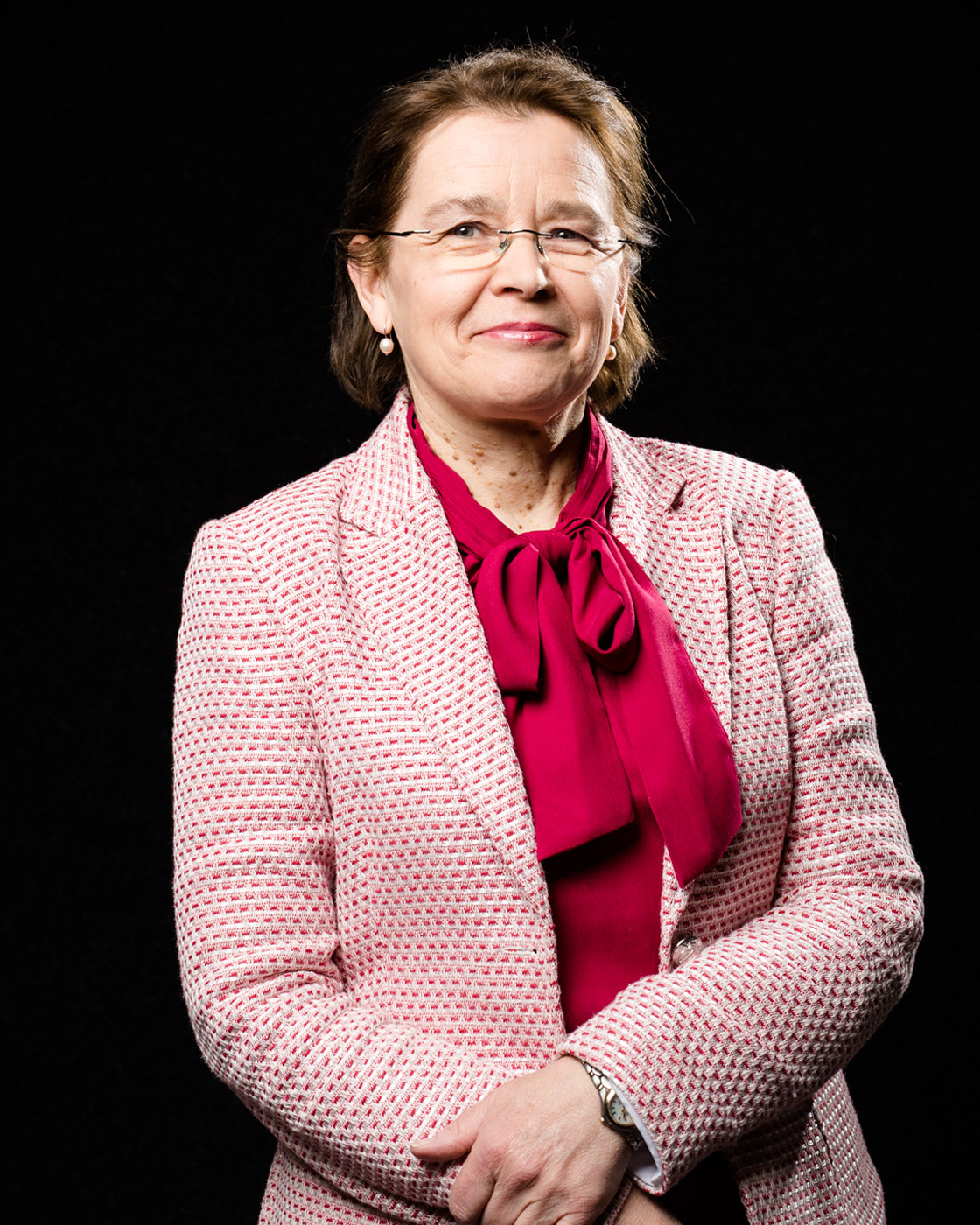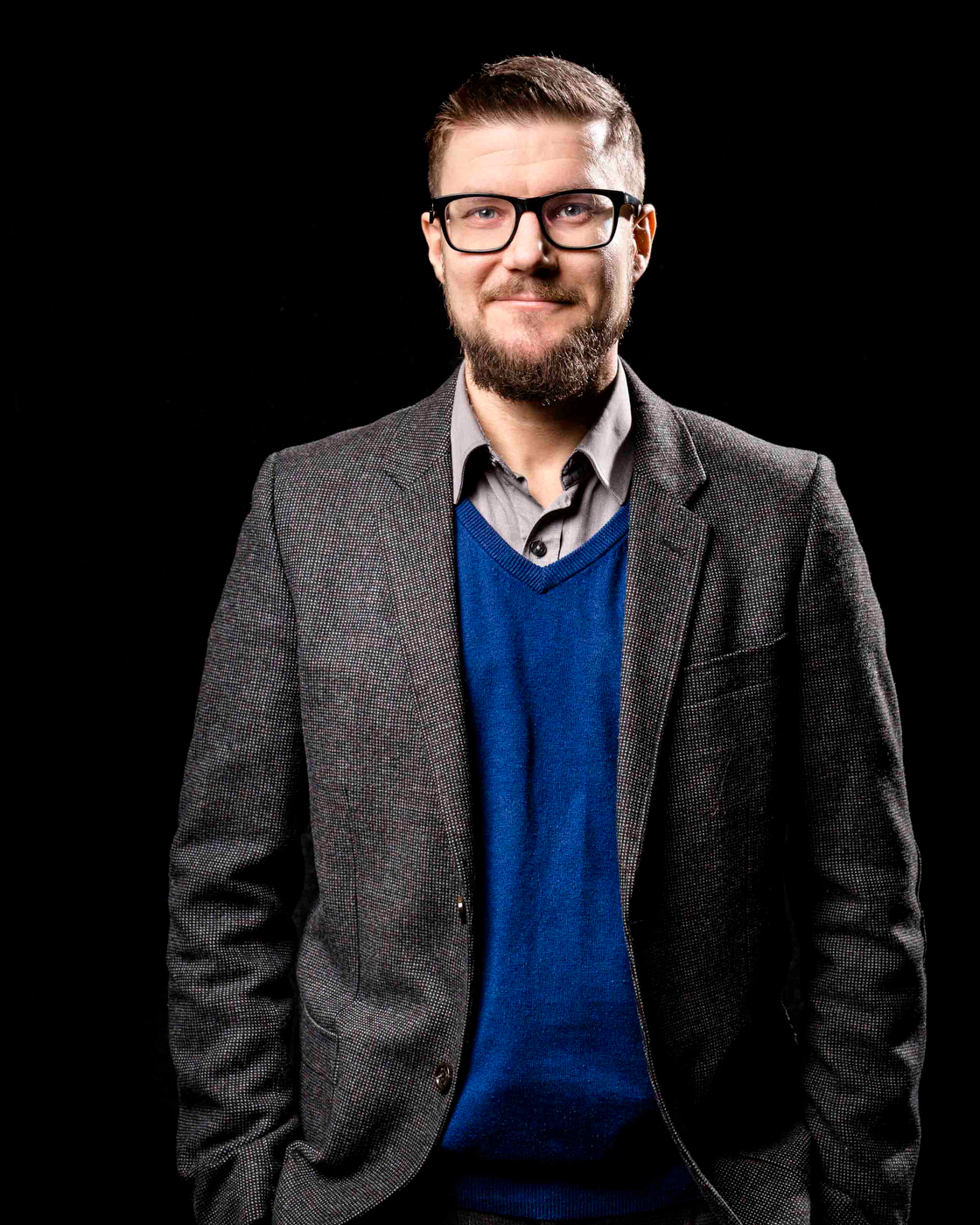Self-care services are a way to improve the well-being of Finns and target health care more effectively.
Finland already has electronic services to promote well-being, monitor health and treat illnesses, but the range of social services available on the Internet and by telephone is likely to expand significantly in the future. In practice, electronic self-care services allow a doctor to treat, for example, an ear infection based on a photo taken of the patient’s eardrum. These electronic services can also allow patients to refill their prescriptions and monitor their blood counts online, and allow seniors to live longer at home using a variety of remote devices.
A high percentage of Finns say they like to monitor their own health, take care of themselves and have a say in their treatment if they get sick. In a society that offers a growing range of increasingly advanced electronic services alongside traditional healthcare, they will have more and more opportunities to do so.
The biggest challenge is changing the way people perceive healthcare; make them understand that the goal is to make their lives easier and give them more opportunities to take care of their own health. Personal care increases the well-being of the entire population, brings economic benefits to society and allows public and private health services to be targeted more effectively, since health professionals have more time to treating patients instead of dealing with routine tasks.
The aging population, the tendency to view patients as regular customers and the cost of increasingly advanced treatments are pushing healthcare costs beyond society’s capacity. Finland’s health spending still represents a relatively small percentage of gross domestic product, but it is expected to increase rapidly in the coming years. According to the Finnish Ministry of Finance, age-related care and care costs will increase by six percentage points by the mid-2030s unless structural reforms are introduced.
The aging population is also expected to lead to chronic labor shortages in the social protection and health care sector. According to the Finnish Ministry of Labor and Economy, the shortage will reach 20,000 people as early as 2025. The development of electronic self-help services to alleviate part of the burden of traditional healthcare is a solution to this problem .
One of Sitra’s goals Well-being through information is to contribute to the development of user-friendly electronic services for health promotion. Sitra sponsors research aimed at finding best practices, boosting the national economy and creating conditions for Finland to become an international pioneer in electronic social services.
Electronic services allow us to reorient health care from the treatment of disease to the promotion of health, and enable us to:
- increase the well-being and health of the Finnish population – electronic self-help services have shown extremely positive results both in Finland and abroad, sometimes surpassing the means of traditional health care;
- improve the profitability of the health system, ensure an adequate supply of health professionals and target services to those who need them;
- providing help 24 hours a day, seven days a week while reducing healthcare queues;
- contact healthcare professionals more easily, thus facilitating disease prevention;
- create new innovations and new activities, and stimulate Finnish export trade;
- reduce health disparities within the population and achieve a more equitable geographic distribution of health services;
- create new highly qualified jobs.
Sitra has several ongoing projects related to personal care:
Electronic maternity card: An experiment is being carried out this year in the Tampere region which consists of replacing the traditional maternity card with an electronic service allowing pregnant women to access all information relating to their pregnancy online. The objective of the maternity electronic card is to improve the exchange of information between maternity wards, pregnant women and hospitals, reduce the risk of errors, improve customer service and make the monitoring of high-risk pregnancies. Expectant mothers can use the electronic service to share information with family and friends as well as healthcare professionals and to more easily track their own pregnancy and health.
Patient videos: Sitra is studying the effectiveness of patient videos in nursing through a series of shoulder surgery videos. The videos were scripted and produced by Ari Heinilä of a production company called Motion, who himself was recovering from shoulder surgery. The videos show the recovery process from the patient’s perspective and are designed to help those considering surgery make a decision, speed up the recovery process, share information and support surgery patients in their recovery. Self-care videos may become an important tool for nursing in the near future.
Videos are available online (in Finnish only):
Shoulder surgery 1/3, 0 to 8 weeks after surgery
Shoulder surgery 2/3, 2 to 6 months after the operation
Shoulder surgery 3/3, 6 to 12 months after the operation
Electronic health service for the elderly: The University of Jyväskylä and Sitra have established a collaborative project to develop a user-friendly electronic service for older people to motivate them to exercise more and generally be more physically and socially active. The service is accessible on a tablet or via Internet television. The e-health service is designed to reduce the need for institutional care and enable older people to live longer in their own homes. The service will be tested in the Jyväskylä region in spring 2013.



